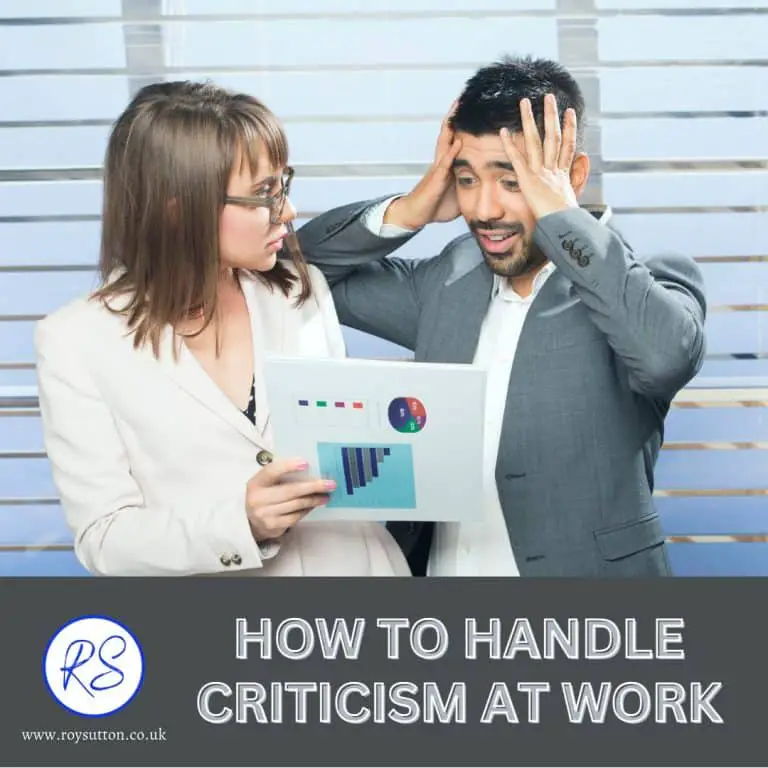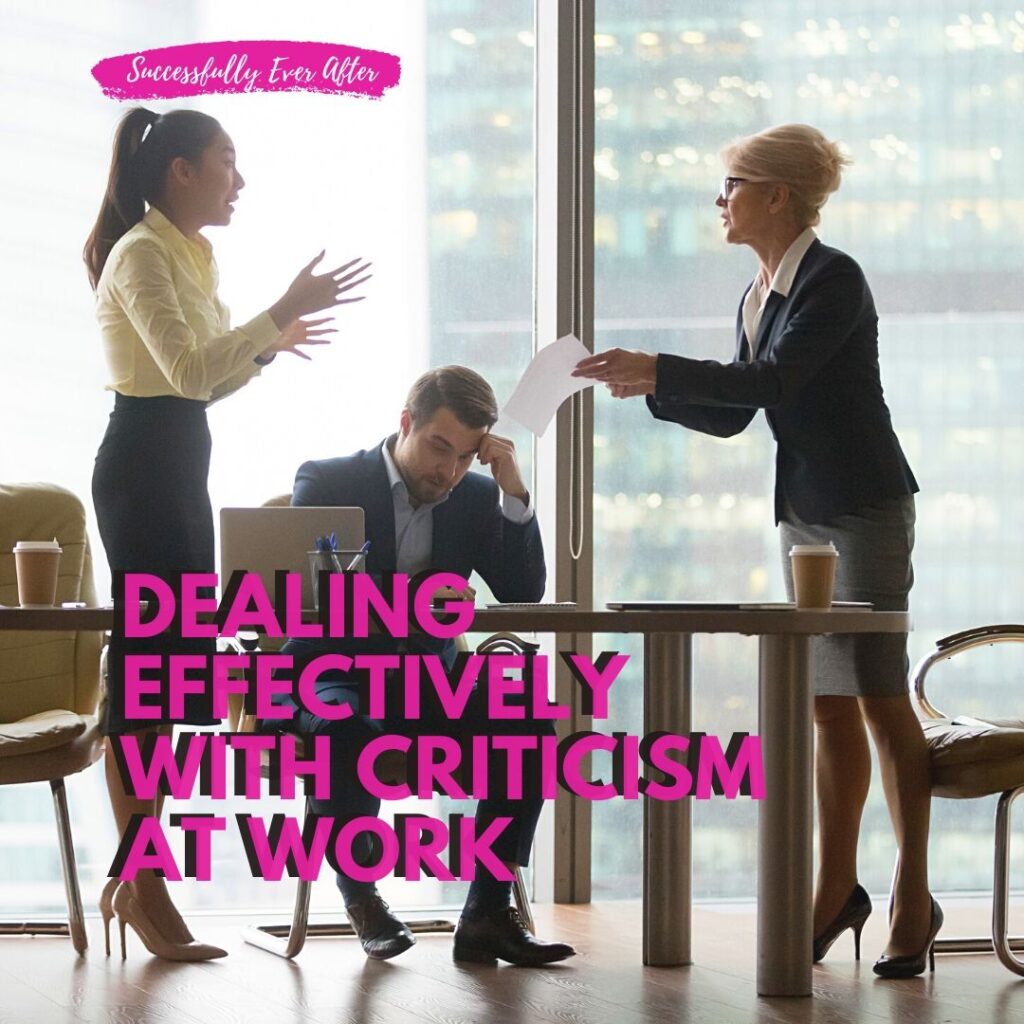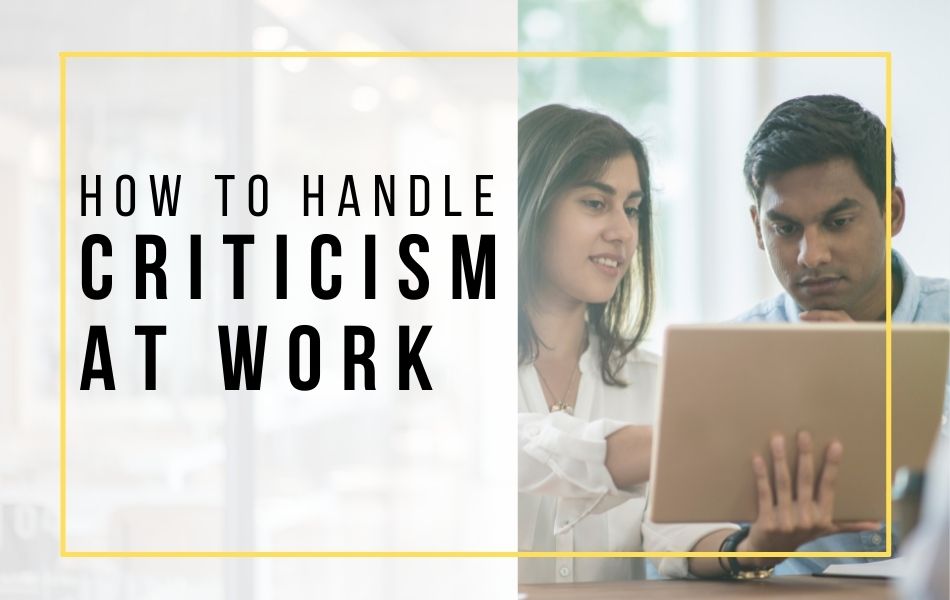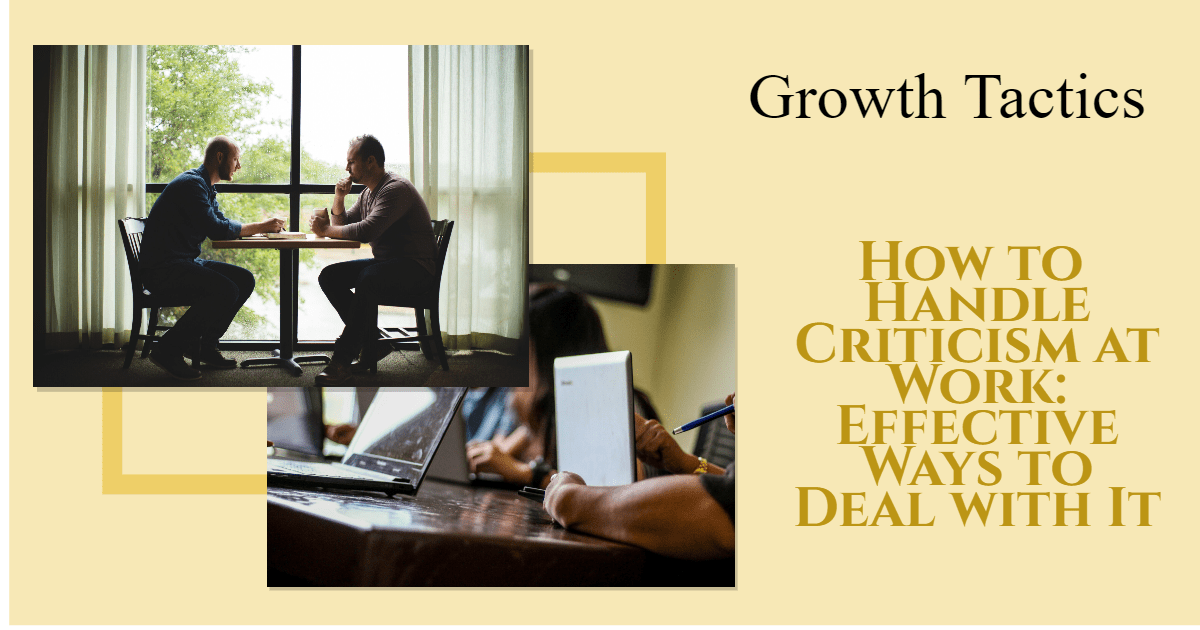How To Deal With Criticism At Work

The aroma of freshly brewed coffee hung heavy in the air, a stark contrast to the knot forming in Sarah's stomach. Her performance review was looming, and the thought of facing potential criticism sent a shiver down her spine. Like many, Sarah dreaded the prospect of being evaluated, the fear of judgment overshadowing the potential for growth.
At its core, learning how to handle criticism at work is about transforming potentially negative feedback into a catalyst for professional development. It's not just about gritting your teeth and bearing it; it's about actively listening, understanding the underlying message, and using that information to improve and excel.
Understanding the Nature of Criticism
Criticism, in its simplest form, is an evaluation or judgment of something. At work, it often manifests as feedback on performance, projects, or even communication styles. The key is to differentiate between constructive criticism, which aims to help you improve, and destructive criticism, which is often personal and unhelpful.
Constructive criticism focuses on specific behaviors or outcomes and offers suggestions for improvement. Destructive criticism, on the other hand, is often vague, accusatory, and lacks actionable insights. Recognizing this distinction is the first step towards effectively dealing with workplace feedback.
Strategies for Effective Handling
Active Listening: The Foundation
The first and perhaps most crucial step is to actively listen to the feedback being given. This means paying attention not just to the words being spoken, but also to the tone and body language of the person delivering the message. Avoid interrupting or becoming defensive; instead, focus on understanding their perspective.
Take notes if necessary to ensure you accurately capture the feedback. According to a study by the Society for Human Resource Management (SHRM), employees who actively listen to feedback are more likely to implement changes and improve their performance.
Separating Emotion from Feedback
It's natural to feel defensive or upset when receiving criticism. However, it's crucial to separate your emotional response from the actual feedback. Acknowledge your feelings, but don't let them cloud your judgment or prevent you from understanding the message.
Take a deep breath and remind yourself that the goal is to improve and grow. Consider saying something like, "Thank you for this feedback. I need a moment to process it," before responding further.
Asking Clarifying Questions
Don't be afraid to ask clarifying questions to ensure you fully understand the feedback. Ask for specific examples or suggestions for improvement. This shows that you're engaged and committed to addressing the concerns raised.
For example, you could say, "Could you provide a specific example of when my communication style came across as unclear?" or "What specific steps would you suggest I take to improve my project management skills?"
Focusing on What You Can Control
Sometimes, criticism may point out areas where you have limited control. In these situations, focus on what you *can* control. Can you improve your communication, seek additional training, or adjust your approach to specific tasks?
Instead of dwelling on what you can't change, channel your energy into areas where you can make a difference. This proactive approach demonstrates a commitment to improvement and a positive attitude.
Seeking Support and Perspective
Talking to a trusted colleague, mentor, or friend can provide valuable support and perspective. They can help you process the feedback, identify blind spots, and develop strategies for improvement. Remember, you're not alone in facing this challenge.
Remember: A problem shared is a problem halved, and getting an objective opinion can often provide clarity and guidance.
The Long-Term Benefits
Learning to handle criticism effectively is an invaluable skill that can benefit your career in the long run. It fosters self-awareness, resilience, and a growth mindset. By embracing feedback and using it to improve, you can unlock your full potential and achieve greater success.
Consider Carol Dweck's work on growth mindset, which emphasizes the importance of viewing challenges and setbacks as opportunities for learning and development. Embracing a growth mindset allows you to view criticism as a valuable tool for self-improvement.
Ultimately, handling criticism well is about shifting your perspective from seeing it as a personal attack to viewing it as a valuable opportunity for growth. Embrace the feedback, learn from it, and use it to propel your career forward. You might just be surprised at how far it takes you.


















